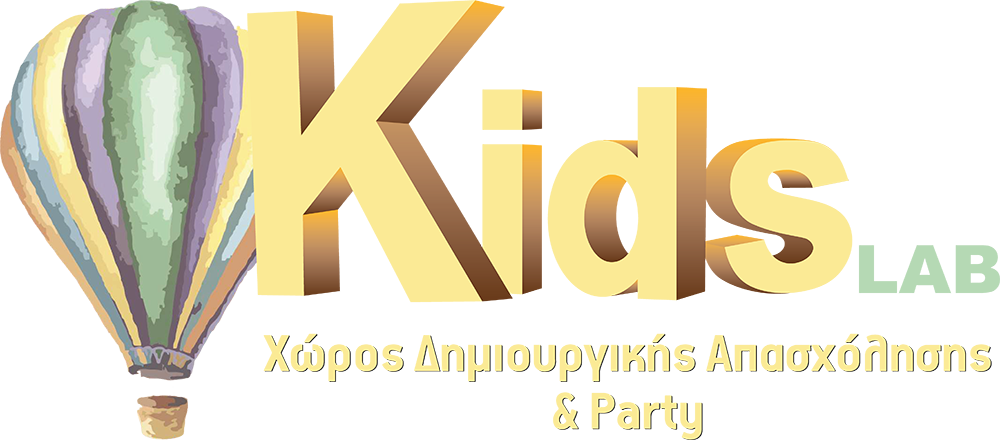Reframe supports you in reducing alcohol consumption and enhancing your well-being. The Reframe app equips you with the knowledge and skills you need to not only survive drinking less, but to thrive while alcohol withdrawal brain fog you navigate the journey. Our daily research-backed readings teach you the neuroscience of alcohol, and our in-app Toolkit provides the resources and activities you need to navigate each challenge.
Behavioral Treatment
During this period, you may experience a wide array of withdrawal symptoms such as nausea, sweating, headache, and more. This is your body’s emergency response to the removal of alcohol’s depressant effect, which used to suppress the nervous system. Now the nervous system is on a ‘high alert,’ causing the unpleasant symptoms. If you or someone you know suffers from alcohol use disorder, Pacific Crest Trail Detox is here to offer quality, budget-friendly, and compassionate assistance.
What Happens to Your Brain When You Stop Drinking?
Finally, cognitive functioning is only one among many influences that may affect treatment outcome. Motivation, the availability of social support networks, employment opportunities, comorbid psychiatric disorders, and numerous other factors also may play a role in how the alcoholic responds to treatment. To see how alcoholics’ performances change over time after they cease drinking, it is necessary to measure their performance on at least two occasions over a specific length of time. Recovery may not progress at a steady pace, so it is best to measure performance on more than two occasions. Following a bout of heavy drinking, a person may experience symptoms including decreased attention and concentration.3 This can impair a person’s ability to perform certain tasks. As a result, they may perform poorly at school or work and be at an increased risk of injury.
Mood Swings, Brain Fog, and Anxiety
This is because the alcohol has impaired the brain’s cognitive ability. Ende and her colleagues now believe that any proper alcohol abuse treatment should last for a minimum of two weeks. However, as the first day continues and hangover symptoms subside, actual alcohol withdrawal symptoms set in, especially for daily drinkers.
Instead of Dry January, this viral challenge can help you drink less all year long – Yahoo News
Instead of Dry January, this viral challenge can help you drink less all year long.
Posted: Fri, 05 Jan 2024 08:00:00 GMT [source]
Those with a wider circle of support have a better chance of staying sober. There are many support options available that can help guide you through alcohol withdrawal, as well as abstaining from alcohol after withdrawal. For people at low risk of complications, an office visit to your primary care provider, along with at-home monitoring and virtual office visits, may suffice. People at high risk of complications should enter a short-term in-patient detox program. For those with alcohol use disorder, withdrawal is just the first (but very important) step on a long journey to recovery.
Brain fog can be caused by various factors, such as lack of sleep, stress, malnutrition, medication, neuroinflammation, and the use of certain substances, such as alcohol. Understanding this condition can help you appreciate the prolonged battle against fatigue and the importance of patience in recovery. More so, awareness of PAWS supports the identification of this condition and prompts necessary medical responses to manage this, in turn aiding in smoother recovery journeys. Our rehab directories tool makes it simple to find a rehab that meets you or your loved ones needs best by using different search criteria to accomplish that goal. You can easily type in your location to find treatment centers near you, or browse other facilities throughout the nation that provide the services you are looking for. Use our directories tool right now to get started on your journey towards recovery.
- As alcohol enters the bloodstream and reaches the brain, it binds to certain neurotransmitters (substances that facilitate communication between nerve cells) like gamma-aminobutyric acid (GABA) and glutamate.
- “I feel great! A few cravings every day, but I tell myself how bad it was to detox cold turkey, and how good I feel now. I am actually getting things done in my life that I was putting off because I was always drunk.”
- Yes, brain fog is a common symptom of alcohol withdrawal and may continue for a while afterwards.
- That said, severe and long-term brain damage caused by alcohol might not be fully reversible.
Better Blood Pressure, Fewer Cravings
Alcohol, despite the temporary spikes in energy and mood it may bring, is, in essence, a depressant. It interrupts normal sleep patterns, often denying you your REM sleep – the restorative phase of your sleep cycle most beneficial for energy renewal and cognitive functions. When you decide to quit, your body craves for the familiar pattern, thereby causing an energy imbalance.
- To help clinicians prevent alcohol-related harm in adolescents, NIAAA developed a clinician’s guide that provides a quick and effective screening tool (see Resources below).
- Over time, the nervous system can get worked up when there’s no alcohol in your system.
- “Doing OK. No major symptoms. This is to let folks know that not everyone has severe physical symptoms.”
Brain fog is not an enjoyable condition, and asking how long brain fog lasts and how you can clear it quickly are logical questions. Read on for some answers and the beginning of the end of your brain fog. It can be helpful to write down your reasons for quitting and the difficulty of withdrawal while it is fresh in your mind.
The rate of improvement and the ultimate level of functioning the alcoholic reaches vary with the type of cognitive processing involved in completing a task and with the age of the alcoholic. Sometimes complete recovery of cognitive functioning can take weeks, or even months or years. Alcohol-induced brain fog, a common yet overlooked symptom of alcohol withdrawal, can last up to an impressive 26 weeks after you make the decision to quit drinking. However, the duration varies from person to person and is influenced by several factors like the severity of alcohol abuse, mental health, and lifestyle habits.
Alcohol can potentially reduce the flow of oxygen to the brain and increase inflammation, thus affecting its functioning. Heavy alcohol consumption can damage the brain’s communication centers, making it hard for the brain to store memories or track conversations. Brain alterations often occur in people who start drinking when they are very young. So, if you’re struggling with alcohol brain fog or any type of cognitive impairment, make sure to spend some time in nature every day. They’re more common in people older than 40 with a long history of alcohol misuse. Withdrawal seizures usually happen 12 to 48 hours after your last drink.

